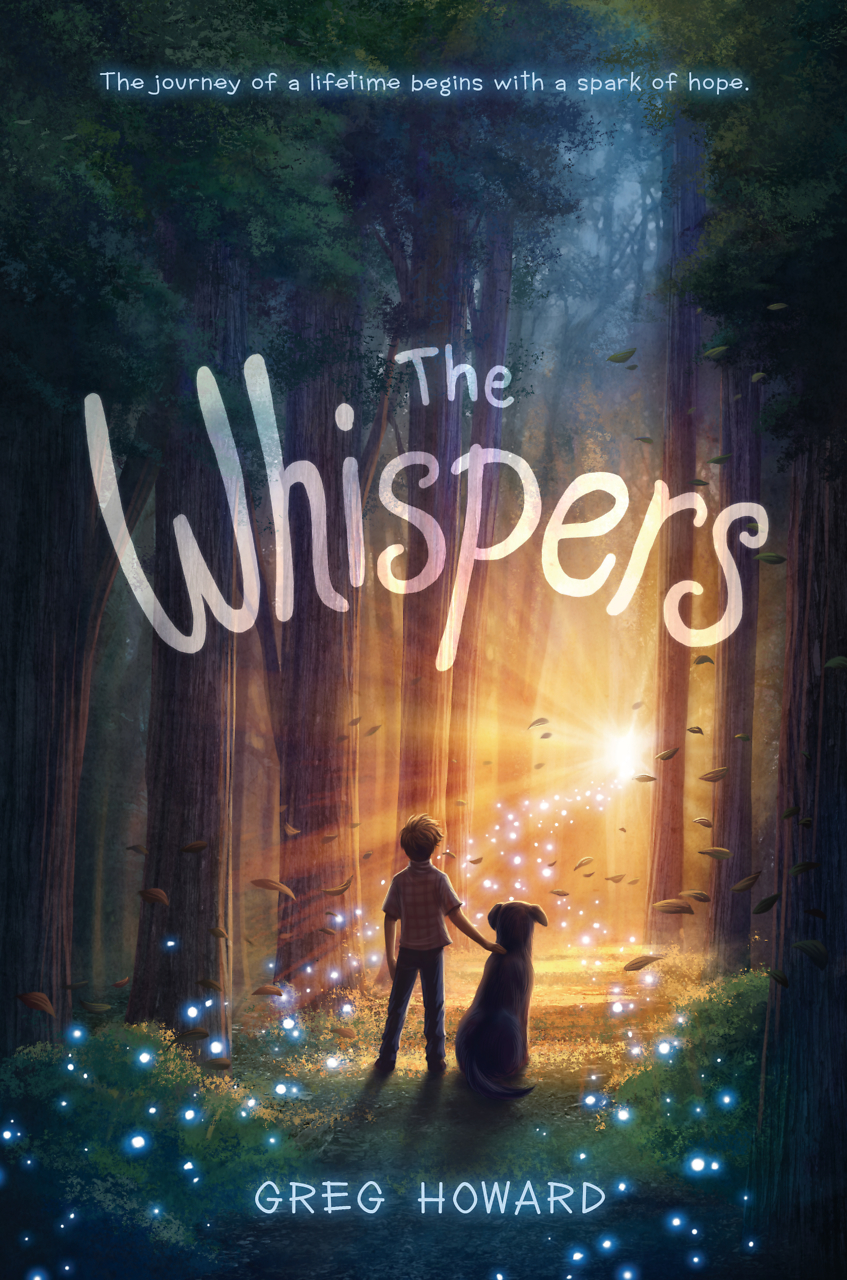Finding Poetry in Nature
Poets Rose McLarney and Laura-Gray Street, with naturalist L.L. Gaddy, celebrate the Southern biosphere
Appreciating poetry and studying the natural world are both contemplative pastimes. The search for subtlety of meaning, whether in Shakespeare’s sonnets or a pileated woodpecker in the Tennessee forest, requires patience and thoughtfulness. It also helps to have a good field guide. Annotated editions of Shakespeare are common, but guides to the natural world usually focus on hard facts about each species, ignoring broader significance. In A Literary Field Guide to Southern Appalachia, editors Rose McLarney, Laura-Gray Street, and L.L. Gaddy combine science and the arts to prompt reflection on the plants and animals of the Southern landscape.

In the literary introduction, McLarney and Street note that the first field guides, published in the 1800s, were typically “colorful books that might weave quotes from poetry or lively personal anecdotes into factual content.” Their book is very much in this style, with poetry and art, rather than maps and photos, illustrating the selected life forms. Natural history editor Gaddy first describes each species. A poem illuminating the behavior or significance of the plant or animal is then presented, accompanied by artwork featuring the organism’s principal physical characteristics.
The guide is, therefore, not intended to enable the amateur naturalist to distinguish, say, a persistent trillium from some other variety of trillium, but to get a feel for the plant, its habitat, and its role in Southern life. Thus, Gaddy introduces the economically valuable, and illegally traded, black walnut as a tree whose “roots carry on their own black-market operations, exuding a natural herbicide — juglone — that kills or stunts certain plants within growing range.” In the following poem, “Black Walnut Tree,” Lesley Wheeler writes, “Tell me your tough- / shelled fruit and I will tell you / mine, as I render the ground / unkind.”

In his introduction, Gaddy summarizes the complicated natural and human history of the Southern Appalachians, defined as encompassing portions of eight states, including the eastern provinces of Tennessee. “The Southern Appalachians,” he writes, “constitute one of the richest regions in North America in total species.” This abundance of life made it difficult for the editors to choose which to include. They ultimately winnowed over 10,000 known species to the 60 presented in the book, comprising a varied array of plants, mammals, birds, reptiles, amphibians, fish, invertebrates, and fungi. Some are common, others rare or endangered, but together they ably represent the vast network of living things that help define the region.
McLarney and Street selected 60 poets — including themselves — and 7 visual artists to represent a range of artistic styles and Southern attitudes to match the biological diversity presented in the field guide. Five of the group are Tennesseans, including poets Jesse Graves (copperhead), Holly Haworth (chucky madtom), Melissa Range (tulip poplar), and Susan O’Dell Underwood (caterpillar fungi), as well as visual artist Billy Renkl.

Although titled A Literary Field Guide to Southern Appalachia, this book — as much a collection of poetry as a work of science — can be enjoyed either in the field or indoors. Small enough to carry in a backpack, it could function as a companion on an outing to wood, field, or stream. Or it could be read on a quiet winter’s evening by the fire while planning the next season’s hikes or simply contemplating nature’s many wonders, like the chucky madtom.
An odd little fish, the guide tells us the chucky madtom is “known only from about one and a half miles of Little Chucky Creek in Greene County, Tennessee, where it was discovered in 2005.” In the accompanying poem, “Through the Burning World You Blazed,” Holly Haworth writes:
What trick, this evolutionary
blip of creation. You’ve written your existence scriptless
among the benthic all these years,
carved out a life endemic,
your kind in one lone creek-corner
of the world’s wide waters.

A Michigan native, Chris Scott is an unrepentant Yankee who arrived in Nashville almost 30 years ago and has gradually adapted to Southern ways. He is a geologist by profession and an historian by avocation.


